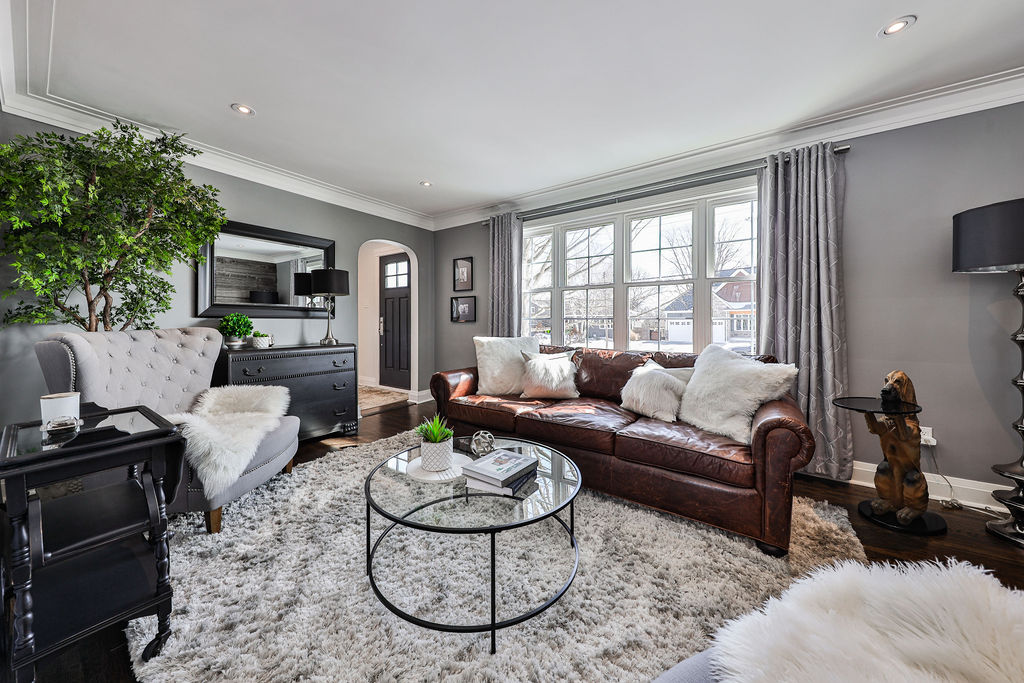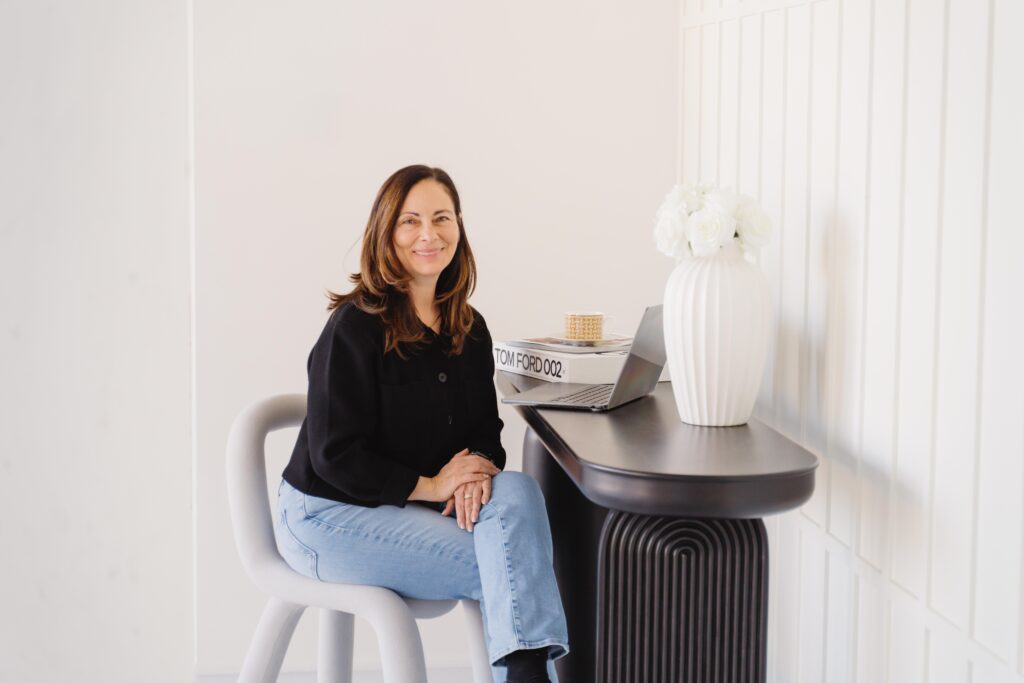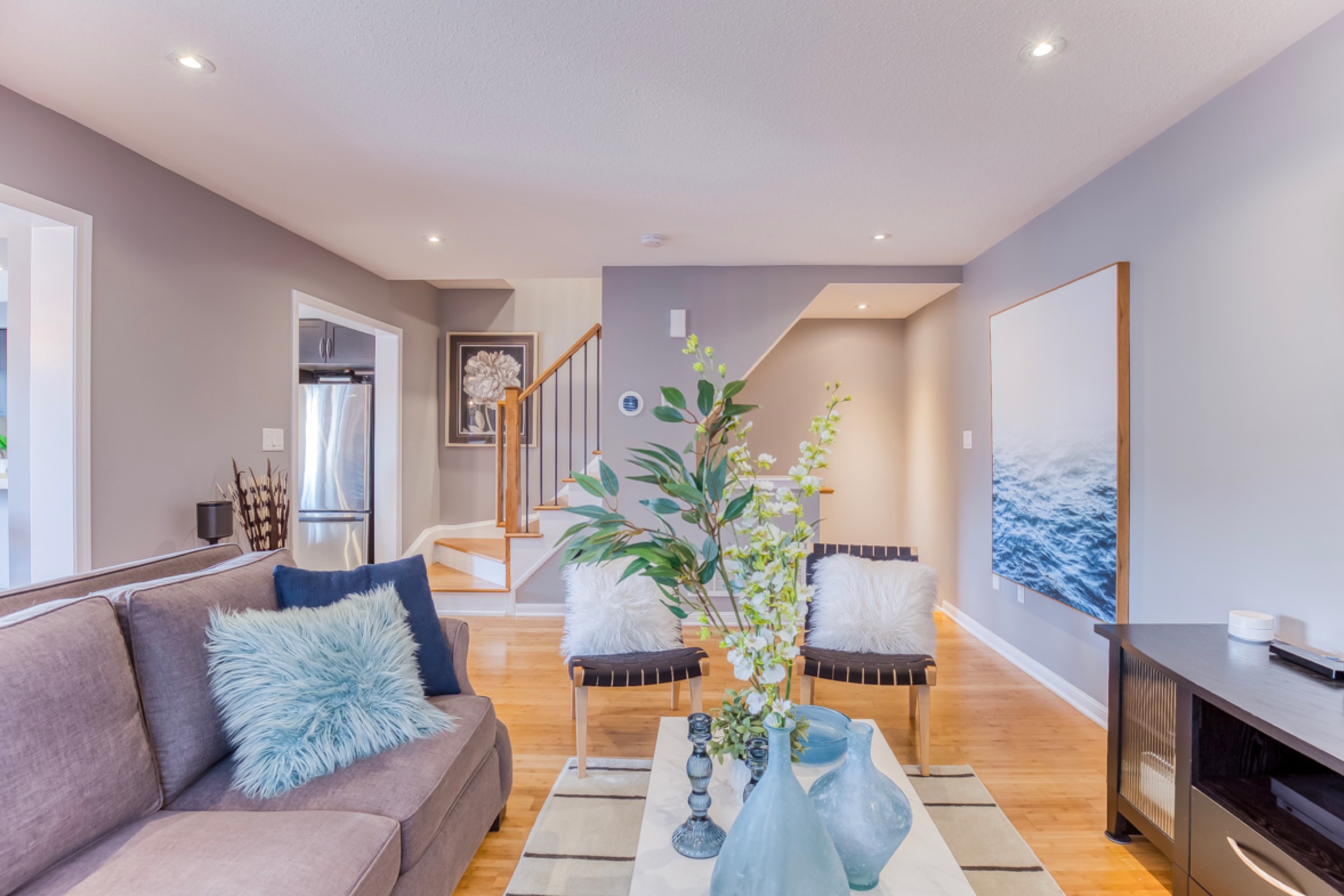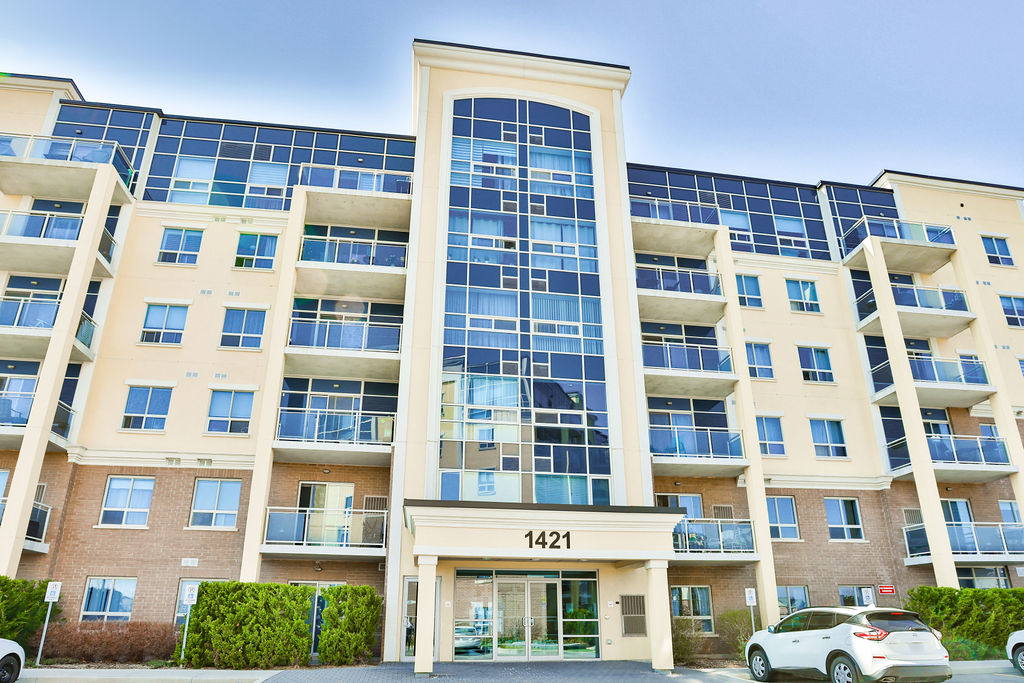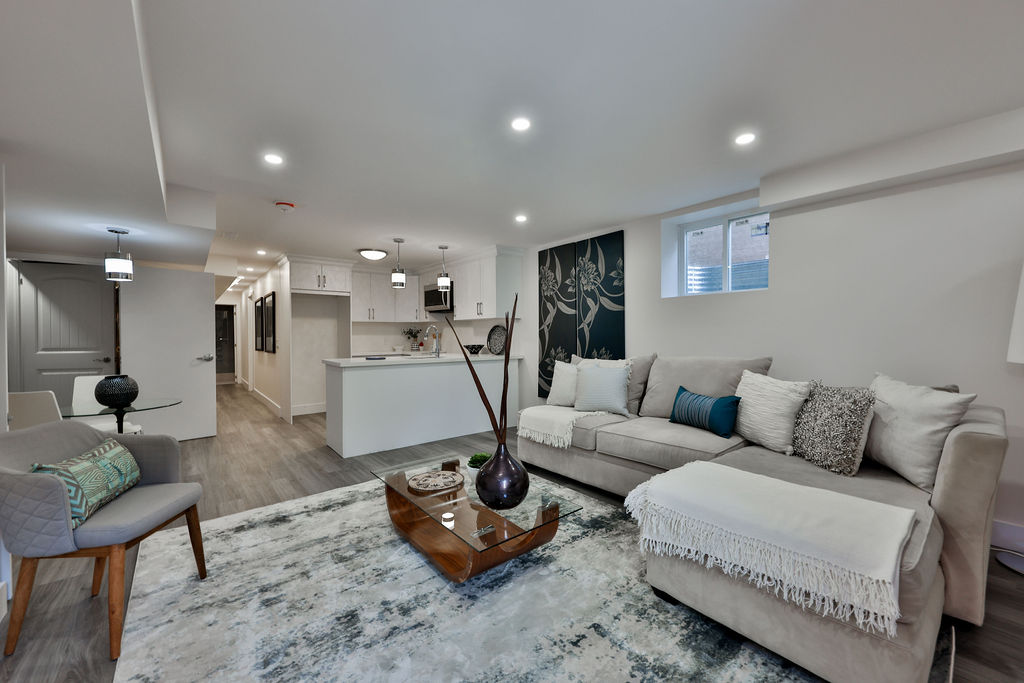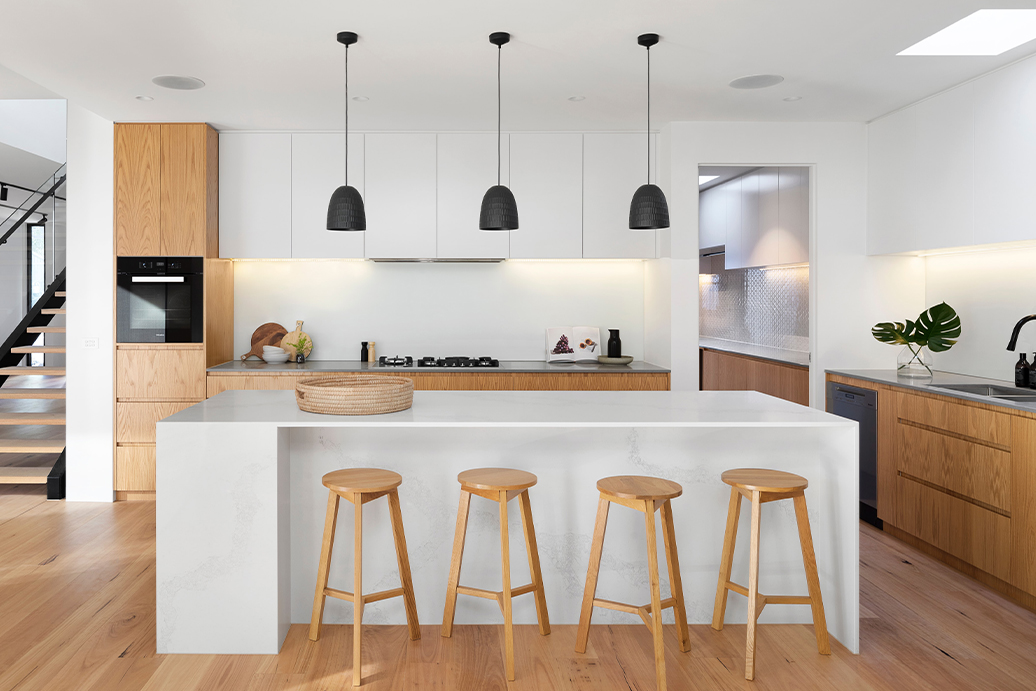For many Canadians, homeownership is one of those life goals that you work hard to achieve. And once you’ve arrived, there’s nothing that feels better. However, today, buying your first home can present a challenge.
One of the best strategies for first-time buyers to get their foot in the door is by purchasing a condo. Condos are a great investment and since they are typically less expensive than single-family detached homes, it’s more affordable for first-timers to save a downpayment and finance the purchase.
Additionally, condos are typically located in accessible areas close to amenities such as dining, retail, transit, and more. Condos also minimize the maintenance for the homeowner, since much of the building upkeep is covered by condo association fees.
When you consider the trifecta of affordability, location, and convenience, it becomes totally clear that condos are an excellent investment for those entering the market for the first time.
If you’re looking for a great condo opportunity, you can start with our top 6 Milton condo buildings for first-time buyers here:
1. GreenLife Downtown
Situated at 383 Main Street East in Milton, GreenLife Downtown is a fantastic opportunity for environmentally-conscious buyers. This six-storey condo building features fantastic high-efficiency and environmentally friendly tech such as solar panels and geothermal heating.
With its prime location in the heart of Old Milton, GreenLife Downtown offers fantastic views of the Niagara Escarpment while remaining close to urban conveniences.
Built in 2012, the building features various unit sizes and floor plans running from 685-1,375 square feet. One of the main selling points of GreenLife Downtown is the affordable condo fees, ranging from $78-$160 per month, it’s a great value when you consider the building amenities such as the environmentally friendly development, party room, and fitness room.
Want to learn more about living in Milton? Check out some of our other Milton-centric blogs right here:
2. GreenLife Westside
If downtown doesn’t appeal to you, consider the GreenLife Westside building. Built in 2014, this six-storey energy-efficient building is located at 33 Whitmer Street in Milton. Although public transit in this area is not as accessible as downtown, GreenLife Westside has ample parking for residents and visitors who drive.
The building is close to urban amenities such as the local Shoppers Drug Mart, Starbucks, and Ajs The Grocery found only a 10-minute walk away. Nature lovers can also enjoy the convenience of having several fantastic parks and walking trails nearby including Centennial Park, Rattlesnake Point, and Kelso Conservation Area.
Like its downtown partner, GreenLife Westside has a variety of floorplans and unit sizes ranging from 647 square feet to 1470 square feet. The building also includes a party room, meeting room, recreation room, security system, and barbecues permitted.
3. Ambassador Condominiums
The Ambassador Condominiums consist of two six-storey buildings located at 1419 and 1421 Costigan Road in Milton. Build by Valery Homes in 2014, The Ambassador includes 150 units of varying sizes from 602 square feet all the way up to 1,354 square feet.
Surrounded by green space and featuring beautiful building amenities such as a designer lobby and a sunroom lounge overlooking the yard, this condo was built to impress. The building amenities include a party room and exercise room.
Situated in a quiet residential neighbourhood, The Ambassador is close to the Milton GO Station as well as the 401 for easy commutes and transit access. The area also features abundant parks, walking trails, dining, shopping, and other conveniences.
4. Viva and Viva2 Condominiums
Built in 2016 and 2017 respectively, Milton’s Viva and Viva2 Condominiums are situated in the residential neighbourhood of Clarke. These four-storey buildings are located at 1360 and 1370 Costigan Road.
Close to outdoor recreation such as parks, walking and bicycle paths, and more, these condos are perfect for first-time buyers who want to capture the beauty, convenience, and comfort of living in south Milton–an area that is quickly on the rise!
With one and two-bedroom options and floorplans ranging from 585-1,040 square feet, Viva and Viva2’s open-concept, contemporary design provides opportunities for first-time buyers, investors, and downsizers alike.
The buildings feature a party room and proximity to transit like the 401 and Milton GO Station.
Buying your first home can be complicated, but it doesn’t have to be! Read some of our first-time homebuyer blogs right here:
5. Parkside Residences
Located at 1379 Costigan Road, Parkside Residences is a six-storey condominium complex built in 2010. As part of the Milton neighbourhood of Clarke, this condo is situated close to many local amenities such as shopping, dining, conveniences, and recreation.
With units ranging from 619-1,056 square feet, and being an older building, Parkside Residences is perfect for buyers entering the market for the first time. Building amenities include a party room, barbecues permitted, visitor parking, and more.
One thing to note about Parkside Residences is a pet restriction, so if you have pets, this building might not be for you.
You can also download our Buyer’s Guide to learn everything you need to know about buying a home with the Katherine Barnett Team. Download the guide for free here.
6. Art on Main
As the newest condo on our list, Art on Main is an incredibly stylish, luxurious, all-encompassing condo experience. Built by Fernbrook Homes, Art on Main is located at 1050 Main Street East in Milton.
Featuring 2-bedroom and 2-bedroom + den floorplans, Art on Main is redefining the local condo experience. With exceptional finishings and absolutely astonishing building amenities, Art on Main is sure to attract buyers looking for an elevated experience in one of Milton’s most exciting neighbourhoods.
Close to incredible neighbourhood amenities and featuring ground-level retail in the building, Art on Main has everything you need. Building amenities include a state-of-the-art fitness centre, pool, party room, billiards room, rooftop terrace, barbecue stations, pet spa, and 24-hour concierge service.
When you are considering taking your first step into the real estate market, a Milton condo is an excellent investment to start with. Whether you crave the condo lifestyle or you see owning a condo as a great way to build equity before upsizing into a detached home, Milton condos are always in demand for buyers, investors, and renters alike.
